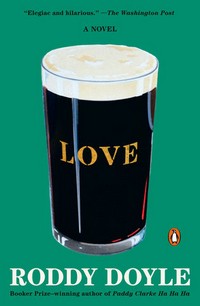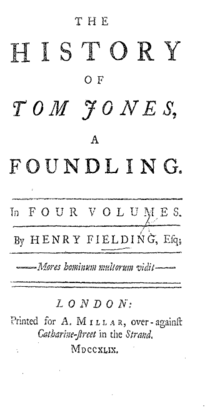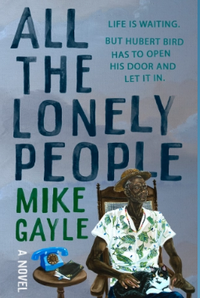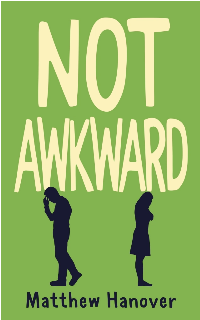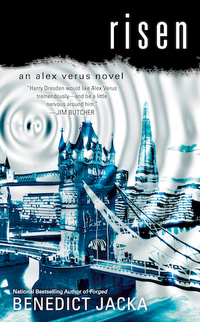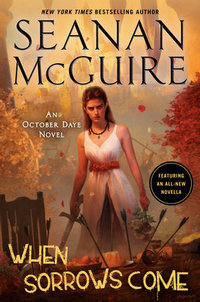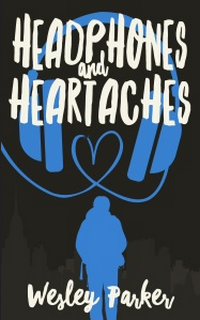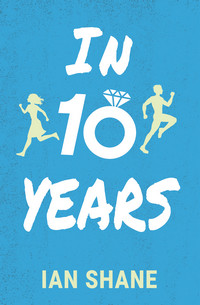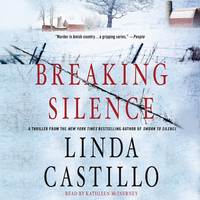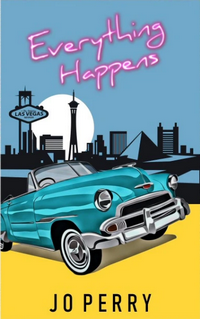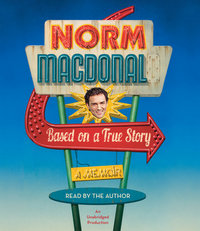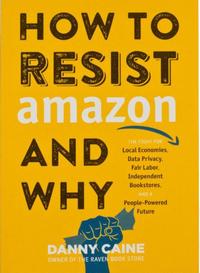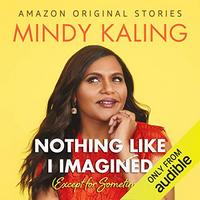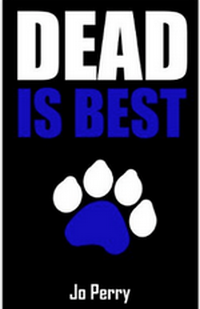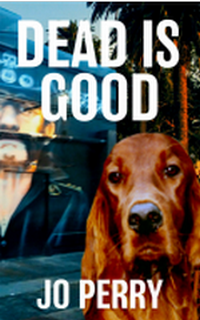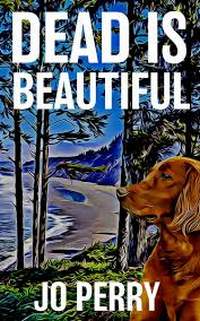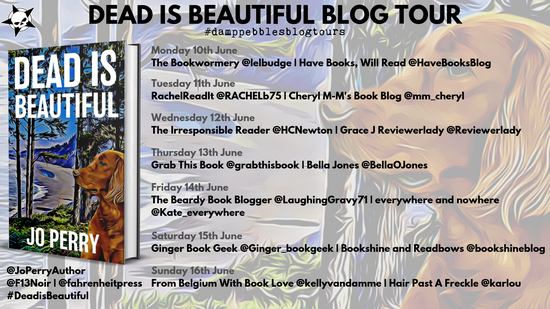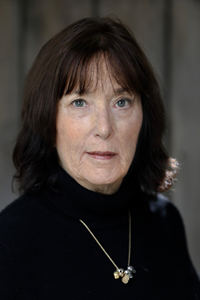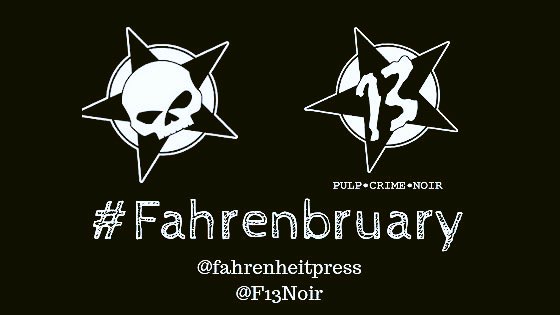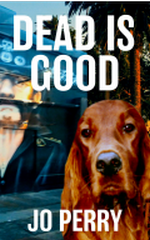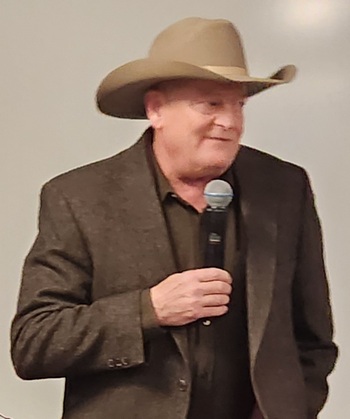 Yesterday, I had the pleasure of seeing Craig Johnson for the third time 7 years. I’m starting to feel like a stalker, or a groupie, or…I dunno, I can’t come up with the third things for that list. Anyway, I’m not either of those–or the other one, either. I only see him when he comes to the Treasure Valley and I see an advtisement. Really.
Yesterday, I had the pleasure of seeing Craig Johnson for the third time 7 years. I’m starting to feel like a stalker, or a groupie, or…I dunno, I can’t come up with the third things for that list. Anyway, I’m not either of those–or the other one, either. I only see him when he comes to the Treasure Valley and I see an advtisement. Really.
This time, he came to Boise to do a presentation for students of The Osher Institute–a lifelong learning program that seems like a great idea (I’ve heard a few people talk about it before). Thankfully, they opened it for non-students, too–for a small fee that included the price of his new novella, Tooth and Claw (which he signed afterward, too).
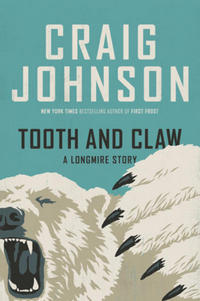 He talked a little about the oddly extended process in getting the novella written (by his standards, anyway), the style/influence that was behind this one, and a little bit about the story (maybe too much, almost certainly more than I’ll put in my eventual post about it). He also told a nice little story about the history of the SS Baychimo, a ghost ship that would appear every 10 years or so up in Alaska. I assume that I’m not the only one who had to go home and read more about it later after hearing his recounting.
He talked a little about the oddly extended process in getting the novella written (by his standards, anyway), the style/influence that was behind this one, and a little bit about the story (maybe too much, almost certainly more than I’ll put in my eventual post about it). He also told a nice little story about the history of the SS Baychimo, a ghost ship that would appear every 10 years or so up in Alaska. I assume that I’m not the only one who had to go home and read more about it later after hearing his recounting.
Then he went into an extended Q&A time for the rest of the hour–I’ve heard a couple of the anecdotes he used before, but he used them to answer different questions, so that was a nice touch. But this wasn’t like the other Q&As I’ve seen him do before–this was a fairly mixed audience. There were plenty of Johnson fans, and plenty of people who’d watched the Longmire show, too. But there were a decent number of people who hadn’t read him at all before (1 person read The Cold Dish in the last couple of weeks). This led to some great questions from people who just wanted to talk about writing, the process of publishing, and then the recommended way to read the books (his wife insists they be read in chronological order, he maintains you can grab them in any order*).
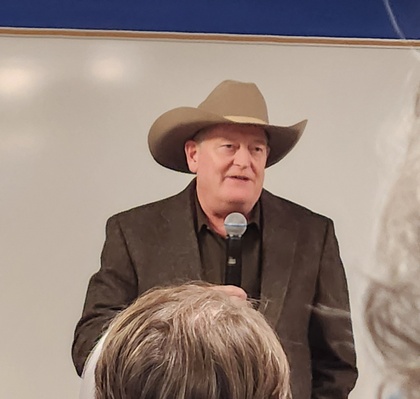 Whether he was just talking about his upcoming book, answering a question about his process, talking about the ages of his characters, what he wrote before Walt Longmire got him a publication deal, a storyline that didn’t turn out the way he planned, or even a problem someone had with the Netflix adaptation, Johnson knows how to engage with an audience. I hope he doesn’t do this anytime soon, but if he quit writing and just toured the country telling stories about the books, his life, or just fun things he learned about history–I’d see him as often as possible and I think he be able to stay as active as he wanted. I don’t know if he’s always been able to work an audience the way he does, or if he grew into it (I think the former based on what he says about his family’s knack for storytelling), but there’s no denying that you walk away from a Craig Johnson appearance fully entertained. If you get the opportunity, take it.
Whether he was just talking about his upcoming book, answering a question about his process, talking about the ages of his characters, what he wrote before Walt Longmire got him a publication deal, a storyline that didn’t turn out the way he planned, or even a problem someone had with the Netflix adaptation, Johnson knows how to engage with an audience. I hope he doesn’t do this anytime soon, but if he quit writing and just toured the country telling stories about the books, his life, or just fun things he learned about history–I’d see him as often as possible and I think he be able to stay as active as he wanted. I don’t know if he’s always been able to work an audience the way he does, or if he grew into it (I think the former based on what he says about his family’s knack for storytelling), but there’s no denying that you walk away from a Craig Johnson appearance fully entertained. If you get the opportunity, take it.
And, of course, he brought that same charm and ability to connect to the autograph line–his lines don’t move that quickly. Once you get to the front, you understand why. He takes enough time so that fans new and old get a little of his attention, which no one is going to complain about.
I was also treated by a friend to a great meal at a nearby Mexican restaurant after we got our books signed. That’s not the point of this piece. I just can’t help thinking of it a day later.
*It’s good to see that even your writing heroes can be wrong.
![]()


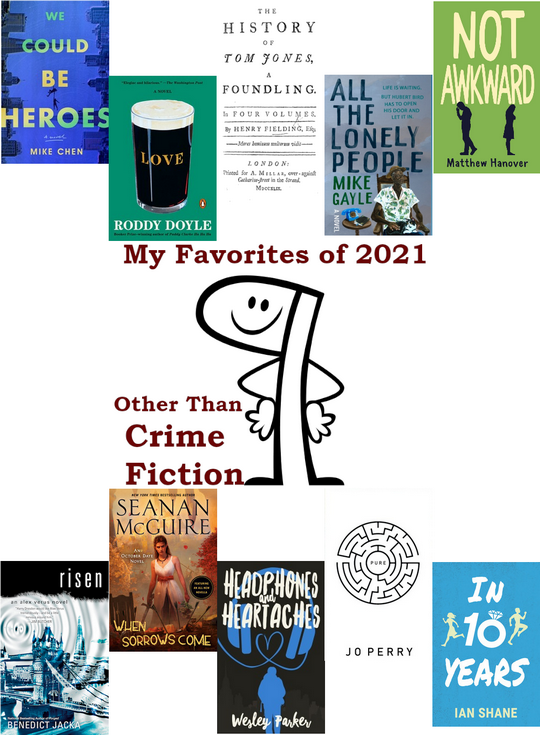
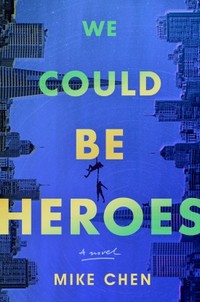
 In typical Chen fashion, the SF/super-hero elements are just an excuse to tell a story about friendship, memory, and identity. It’s a story about people, who just happen to be super-powered.
In typical Chen fashion, the SF/super-hero elements are just an excuse to tell a story about friendship, memory, and identity. It’s a story about people, who just happen to be super-powered.
